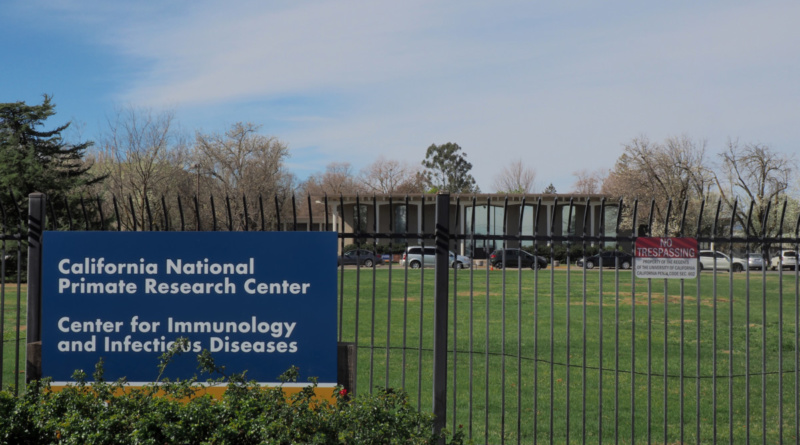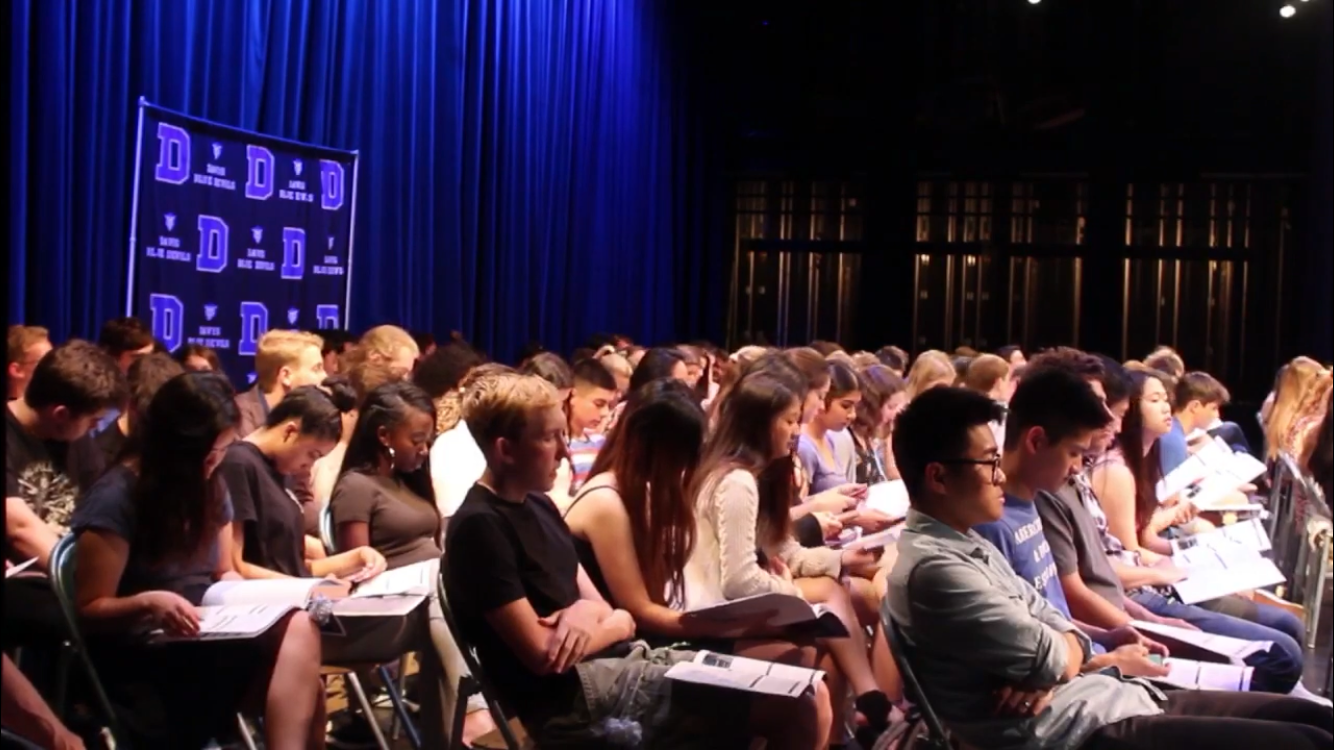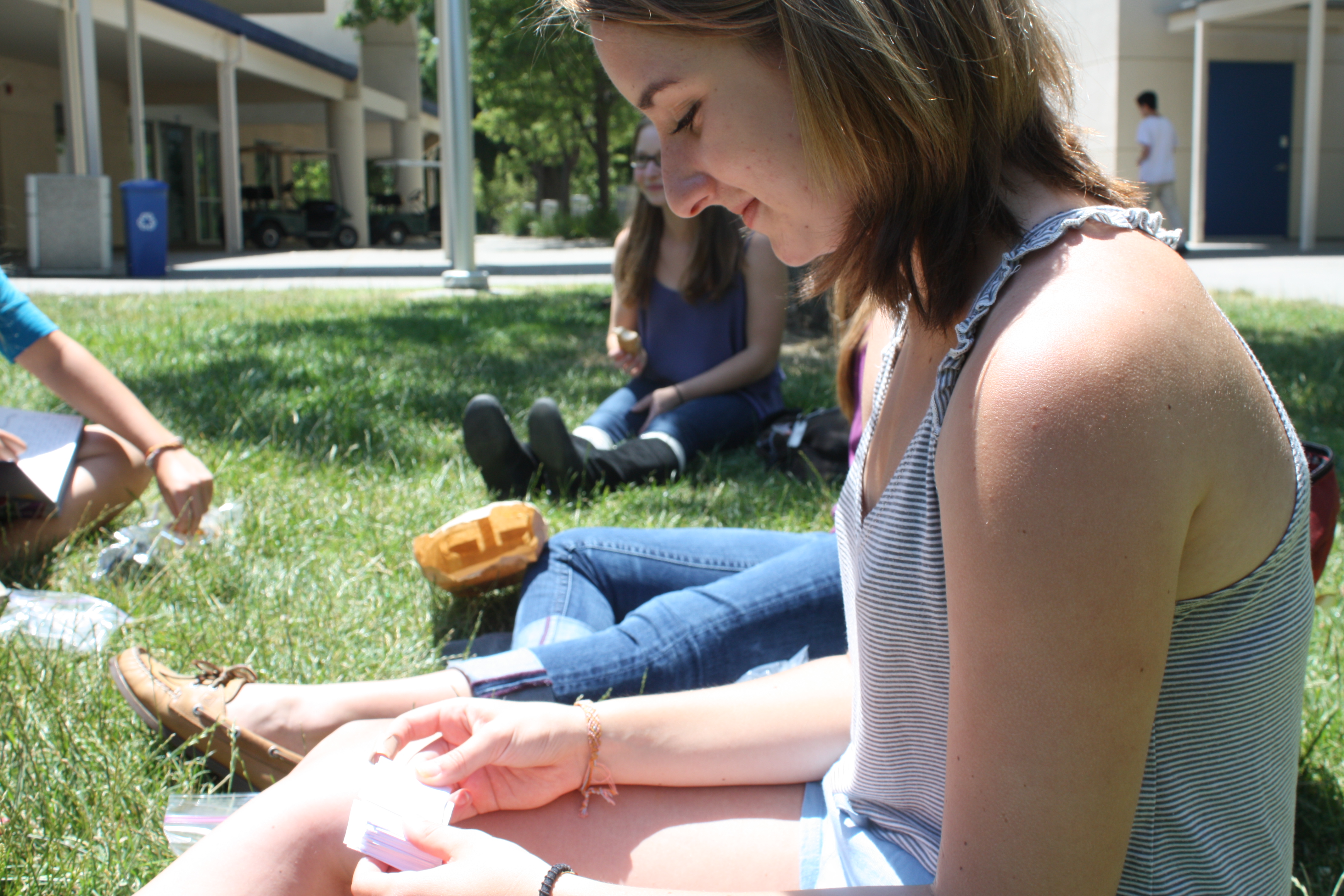UC Davis research studies immune response of primates to COVID-19 vaccination
By Mia Croff,
BlueDevilHUB.com Staff–
An ongoing COVID-19 vaccination study at UC Davis is yielding positive results with rhesus macaque subjects exhibiting promising immune response to a COVID-19 vaccine. So far, this is the only primate research study that has been conducted by the California Research Center at the UC Davis campus.
“Generally speaking, we are giving [the macaques] a vaccine and part of the immunology side of monitoring them is taking blood at certain points so we can see how the immune cells in the blood are changing over time in response to the vaccine,” said Jamin Roh, a graduate student in the UC Davis Immunology Group.
Sixteen infant rhesus macaques were used in this study. Eight of the monkeys received the FDA approved the Moderna vaccine while the other eight received a shot of spike proteins.
“What [researchers] found was that infant monkeys were able to elicit good immune responses,” said Dr. Smita Iyer, assistant professor for the UC Davis Center for Immunology and Infectious Disease. “And so this bodes really well for the efficacy of the vaccine in [people] 16 years and younger, because those results in the clinical studies [on humans] have not come out yet. And so this data [with the macaques] is going to be really important.”
The overarching purpose of the study is so researchers can begin to understand how the COVID-19 virus is affecting the immune system.
“While governing bodies like the FDA try to get as much information as possible before approving a vaccine, part of what we do is trying to understand the fine details of what is going on within the body,” said Roh.
Essentially, what researchers have found is that the introduction of the virus through the vaccine is able to create germinal centers for CD-4 follicular helpers cells, nicknamed “Captain America cells” by Dr. Iyer. These helper cells induce antibody producing cells that create plasma, allowing the body to build up immunity.
So far, none of the macaques used in the vaccination study have experienced adverse effects after being vaccinated.
The next step in the study is to challenge the immune response that has developed within the systems of the monkeys by exposing the subjects to the COVID-19 virus. According to Iyer, this will be done some time this year. Experts at the research center are still in the process of deciding what strain of the virus to use as a challenge.
Although the results of the study appear promising and the macaques used share 93 percent of their DNA with humans, primate studies, like this one, have a very high probability of yielding results that are not replicated in equivalent human clinical studies.
Some experts have strong feelings against animal studies for practical and ethical reasons.
“After decades of animal research, it’s been proven time and time again that it is the worst way to study diseases. It has a 95% fail rate. I don’t know what that is, but science does not fail 95% of the time,” said Dr. John Pippin, director of academic affairs for the Physicians Committee for Responsible Medicine.
According to Pippin, continuing studies on the COVID-19 vaccination are needless.
“Involving COVID, [experts] have already made vaccines that work and are FDA approved without years of animal research,” Pippin said.
Pippin claimed that animal research is breaking a promise to the people, therefore making the practice unethical.
“Scientists made promises to the public, that their tax dollars would go towards finding answers to diseases like Parkinsons, Alstiemers, cancer and now COVID. Animal research is unreliable; it cannot be translated to human,” Pippin said. “It’s an ethical violation against the humans they promised to help.”




